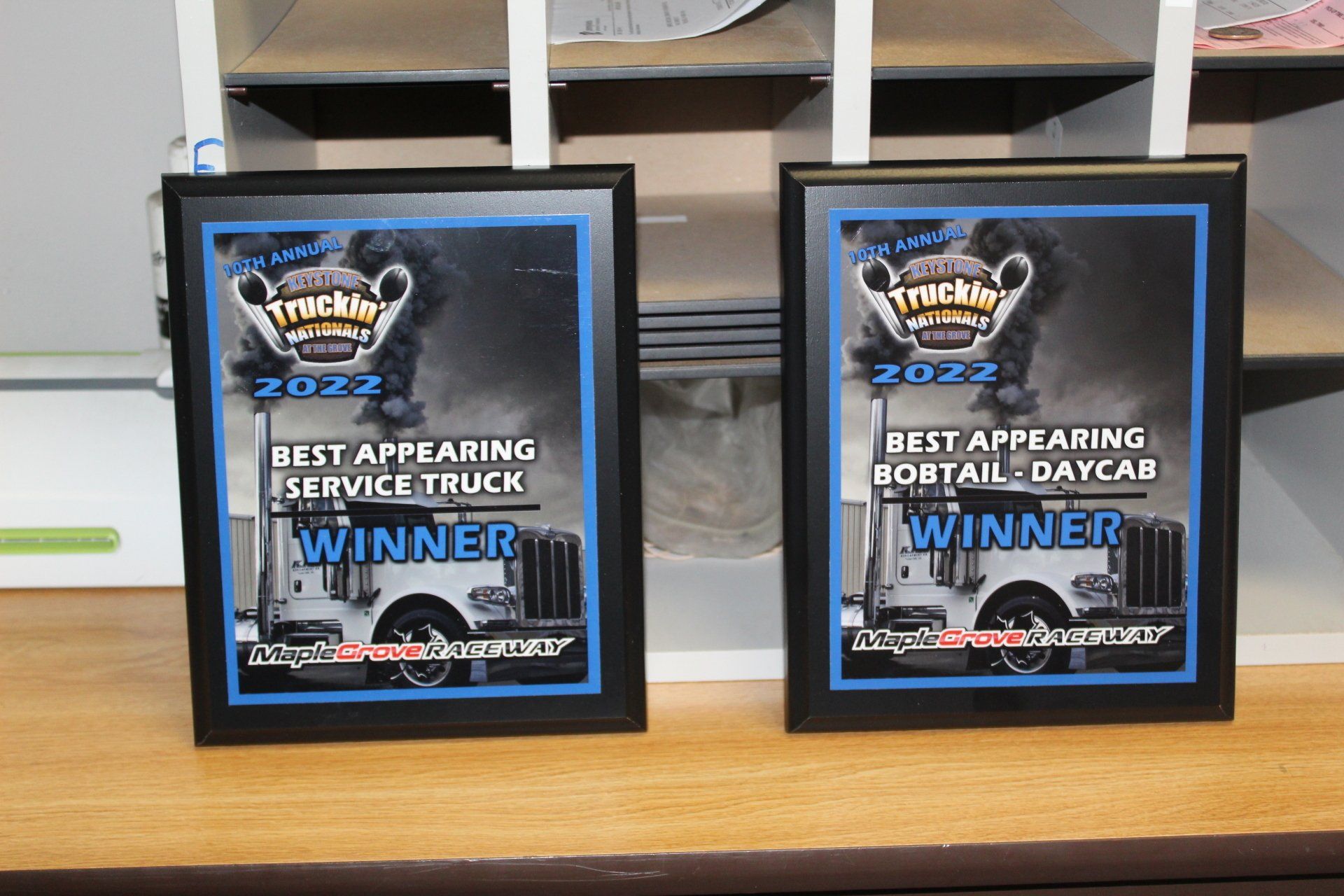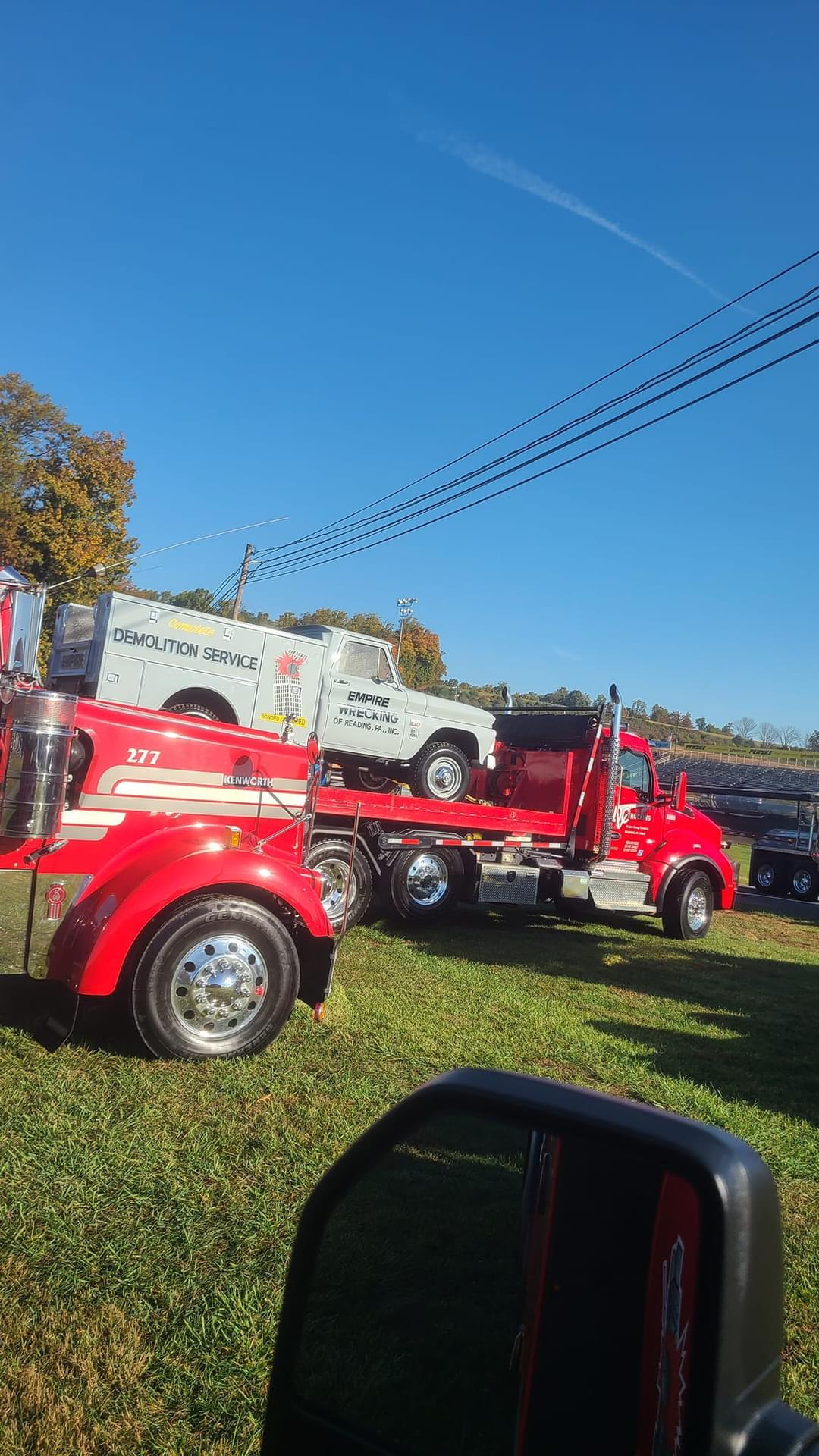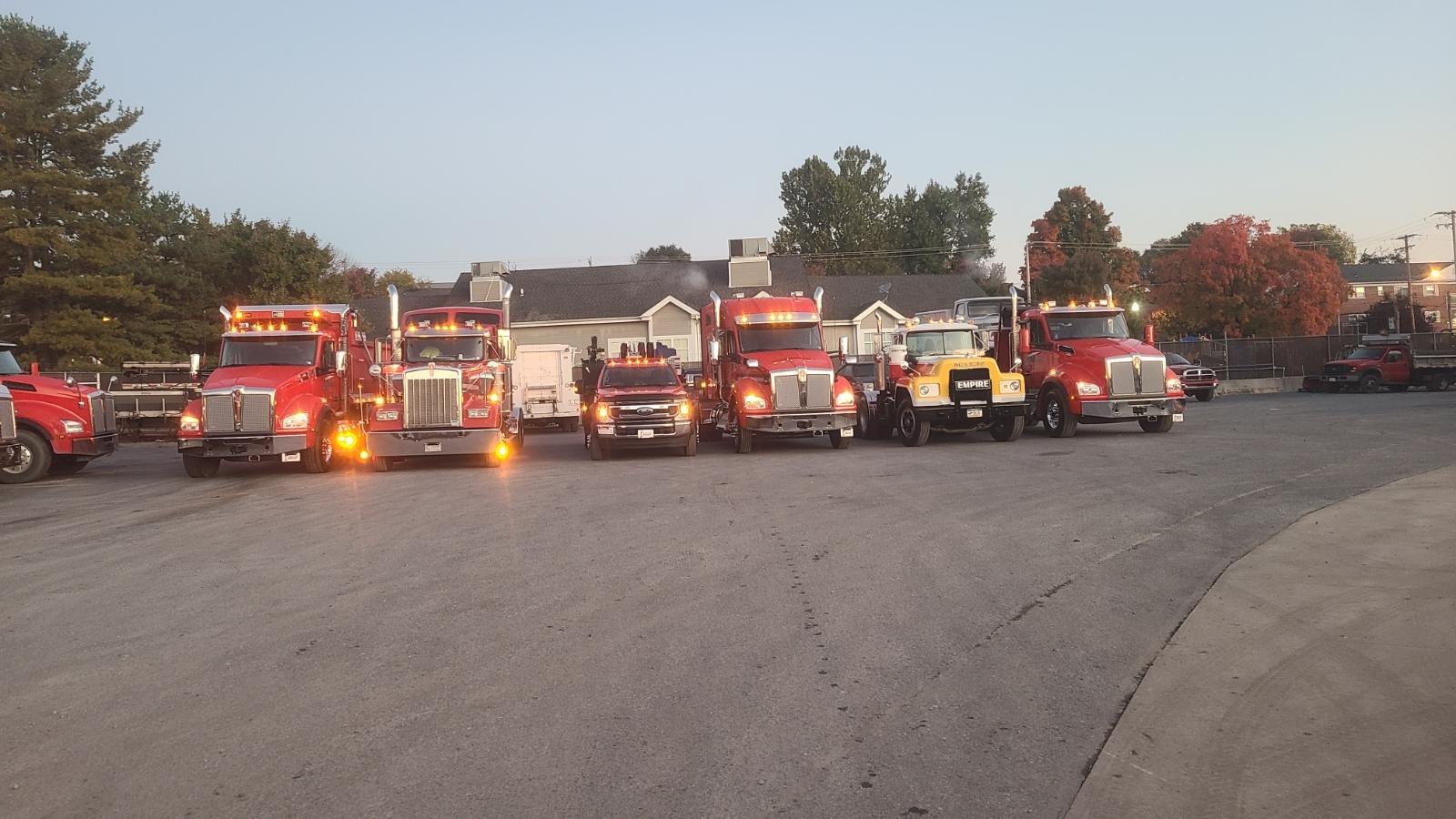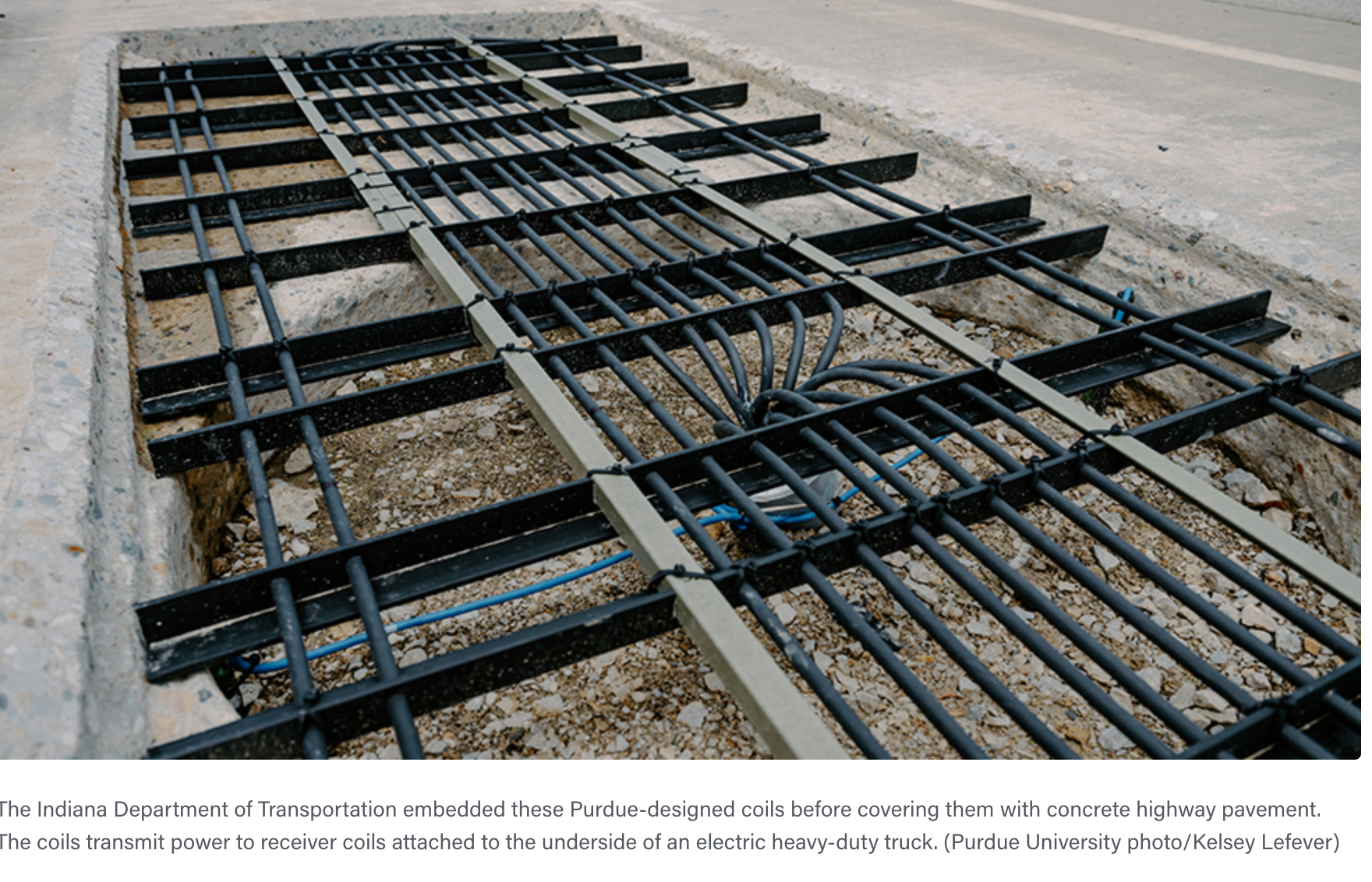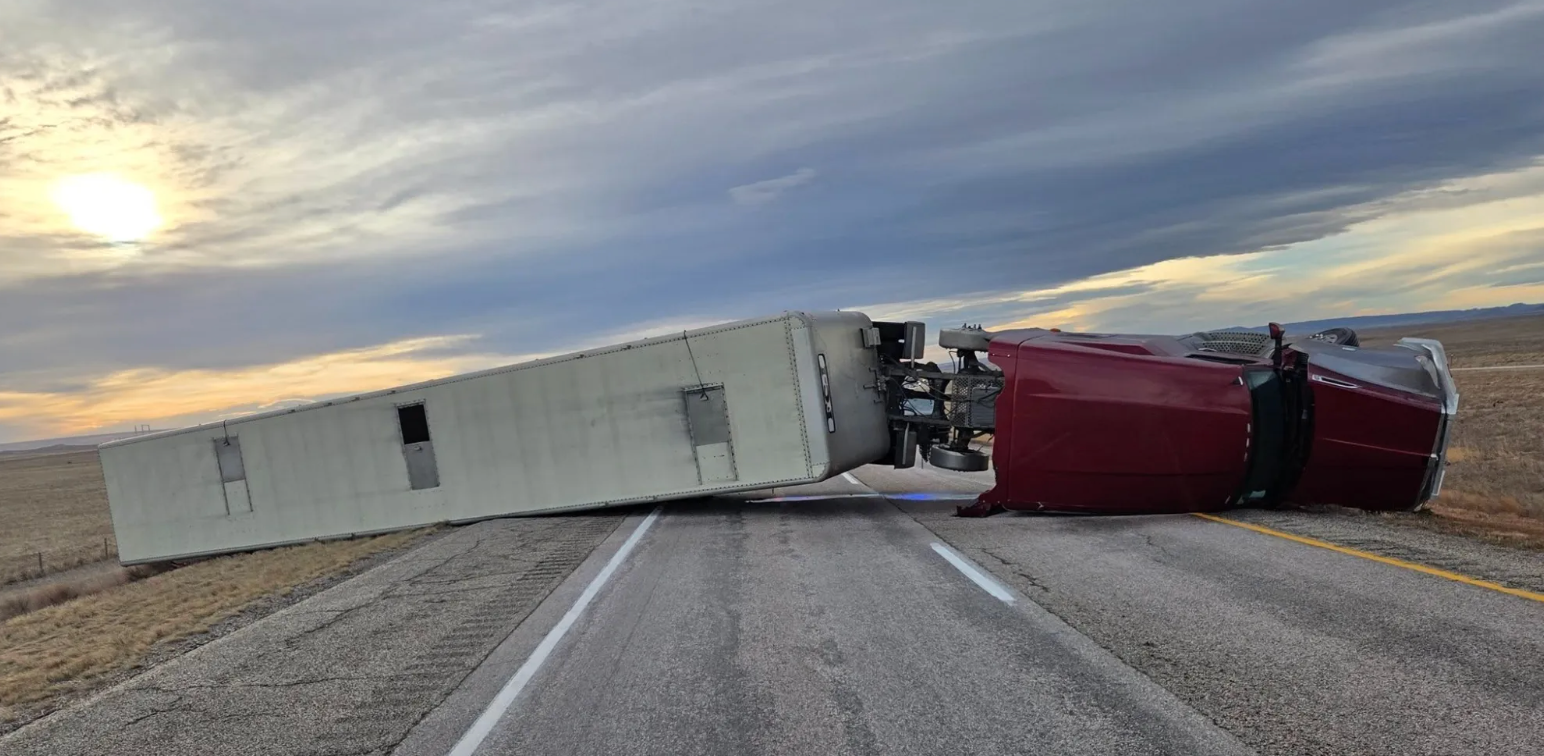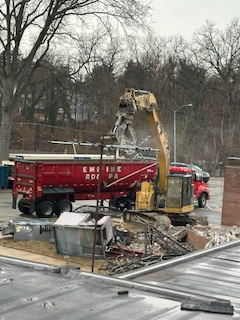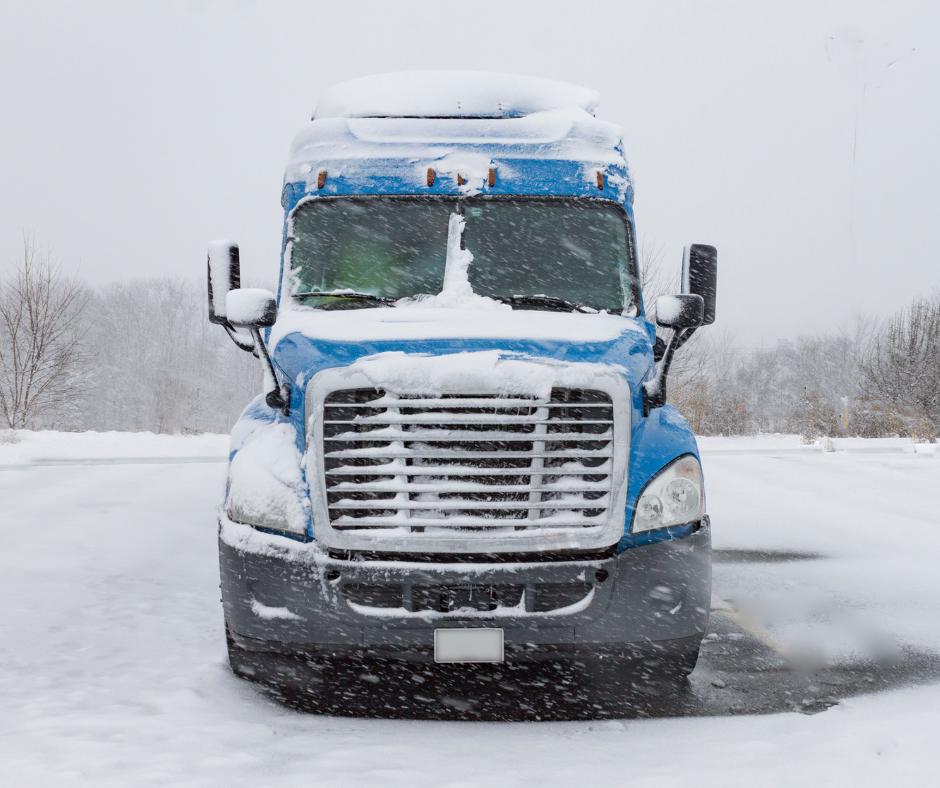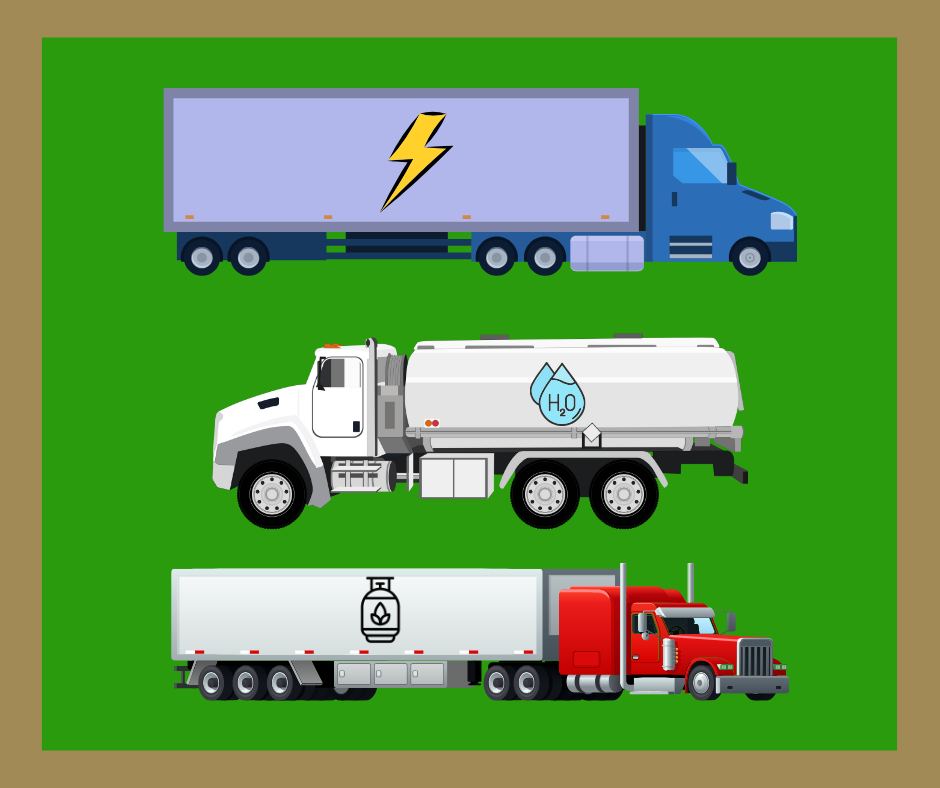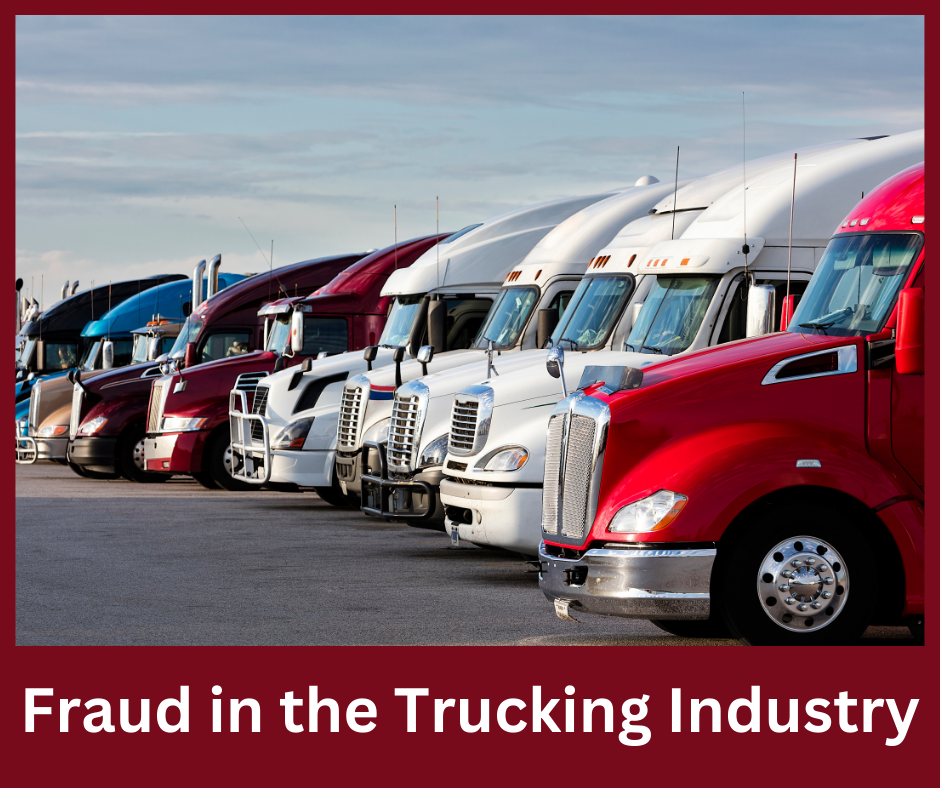By Delaware Valley Contractors
•
February 9, 2026
Road rage isn’t just a passenger car problem. In today’s fast-paced logistics environment, road rage in the trucking industry has become a growing concern—impacting safety, brand reputation, driver retention, and operating costs. For fleet managers and trucking companies, understanding why road rage happens and how to prevent it isn’t just good practice—it’s good business. What Is Road Rage in Trucking? Road rage refers to aggressive or violent behavior triggered by stress, frustration, or anger while driving. In the trucking industry, this can include: Tailgating or brake checking Excessive horn use or verbal threats Unsafe lane changes or speeding Confrontations at rest stops or loading docks Given that commercial vehicles can weigh up to 80,000 pounds, even minor aggressive actions can have serious and sometimes fatal consequences. Why Road Rage Is So Common Among Truck Drivers Truck driving is one of the most demanding professions on the road. Several industry-specific factors increase the risk of road rage: 1. Tight Deadlines and Schedule Pressure Delivery windows, Hours of Service regulations, and shipper delays create intense pressure. When time is money, frustration builds fast. 2. Traffic and Road Conditions Congested highways, construction zones, and unpredictable drivers can test even the calmest professional driver. 3. Long Hours and Fatigue Driver fatigue reduces patience and emotional control, making aggressive reactions more likely. 4. Lack of Respect from Other Motorists Many truck drivers report feeling ignored, cut off, or disrespected by passenger vehicles—fueling anger and resentment. The Real Cost of Road Rage for Trucking Companies Road rage doesn’t just affect drivers—it affects your entire operation. Safety Risks Aggressive driving increases the likelihood of collisions, injuries, and fatalities. Higher Insurance Premiums Accidents tied to aggressive behavior can drive up insurance costs and hurt safety scores. Brand Reputation Damage With dash cams, smartphones, and social media everywhere, one viral incident can seriously harm your company’s image. Driver Turnover A stressful, hostile driving environment contributes to burnout and high turnover—already a major industry challenge. How the Trucking Industry Can Reduce Road Rage The good news? Road rage is preventable. Proactive companies are already taking steps to reduce aggressive driving behaviors. Invest in Driver Training Ongoing training in defensive driving, emotional regulation, and conflict avoidance empowers drivers to stay calm under pressure. Promote a Safety-First Culture When companies prioritize safety over unrealistic delivery times, drivers feel supported—and less stressed. Use Technology Wisely Telematics, dash cameras, and AI-powered driver monitoring tools can identify risky behaviors early and provide coaching opportunities. Encourage Mental Health and Wellness Access to rest, healthy schedules, and mental health resources helps drivers manage stress more effectively. Lead with Communication Clear expectations, realistic routes, and open communication between dispatchers and drivers reduce frustration before it turns into anger. Tips for Truck Drivers to Avoid Road Rage For drivers on the road every day, small mindset shifts make a big difference: Don’t take other drivers’ mistakes personally. Leave extra space and plan for delays. Take breaks when emotions run high. Focus on arriving safely. Professional driving isn’t about reacting; it’s about responding calmly and safely. The Bottom Line Road rage in the trucking industry is more than a personal issue—it’s a business, safety, and brand issue. Companies that address it head-on through training, technology, and culture don’t just reduce accidents; they build stronger fleets and more resilient drivers. At Delaware Valley Contractors , we have a strong commitment to safety, which includes proper training, a well-maintained fleet and constant communication. We strive to reduce risk, improve driver well-being and preserve trust with our customers and our community. Let's all be safe on the road!

